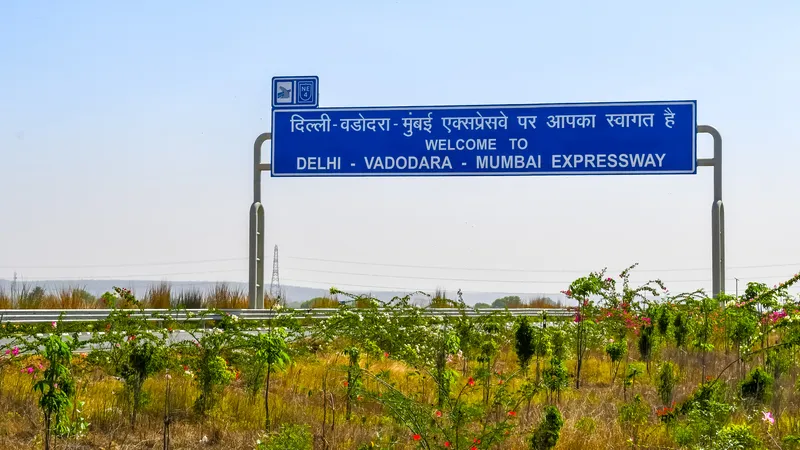Additionally, the partnership intends to enable public transport operators to offer smarter digital ticketing solutions to commuters and facilitate a seamless ticketing experience through mobile devices.
Commuters can buy tickets and store them in a mobile wallet. Tickets can be activated and shown to an onboard conductor or scanned via a validation device. The wallet is also said to work offline, allowing passengers to use the solution without a data connection. Transport operators will also gain access to passenger and real-time vehicle information with the intention of optimising transport services across their networks.
Through the agreement, Masabi’s Justride Mobile Ticketing SDK will enable users to purchase tickets in the Chalo app. The Indian firm will also license Masabi’s validation software and combine it with its existing solution. Both companies will market the solution to transport corporations, financial institutions and bus operators.
Mohit Dubey, chief executive officer of Chalo, said: “Developed markets have moved to smart cards, but 95% of India’s public transport tickets are still bought with cash. With this partnership we can leapfrog to mobile ticketing, bringing us ahead of many developed markets and saving the entire investment required for smart cards. Transport corporations also gain with automated revenue collection.”
Masabi enters partnership to make India’s public transport more convenient
Mobile ticketing company Masabi and provider of journey planning Chalo will combine their resources to create a solution that aims to make public transport in India more convenient for passengers.
Additionally, the partnership intends to enable public transport operators to offer smarter digital ticketing solutions to commuters and facilitate a seamless ticketing experience through mobile devices.
April 19, 2018
Read time: 2 mins
Mobile ticketing company 6870 Masabi and provider of journey planning Chalo will combine their resources to create a solution that aims to make public transport in India more convenient for passengers.










